Neal Schier, a pilot for a major US airline, has graciously agreed to continue my series on commercial aviation.
Airline delays and the idea of scalability

Woah! What kind of boring title is that? Ok, I admit it is rather boring, but delays and scalability frequently play a role when you travel—and an important role at that, for who likes to be late? With that old maxim in mind of “with every factor added, complexities grow exponentially”, I will look at why delays are an anathema to the air transportation system. In part 2 on this topic, I will look at how the authorities get the system back on track—an effort that to me as an airline pilot is still nothing short of miraculous.
Imagine for a moment that it is a Wednesday evening and you are sitting in a full airliner at New York’s La Guardia airport. It has been a sweltering August day and you have had three days packed with meetings that did not go as well as you had hoped. Add in the annoyances of a chatty cab driver and delays going through security, and you are entitled to want nothing more than to get back home to Chicago. You want to get into the office early tomorrow morning for an “after action” report of all that went wrong in New York. It has not been a good week… Read more...

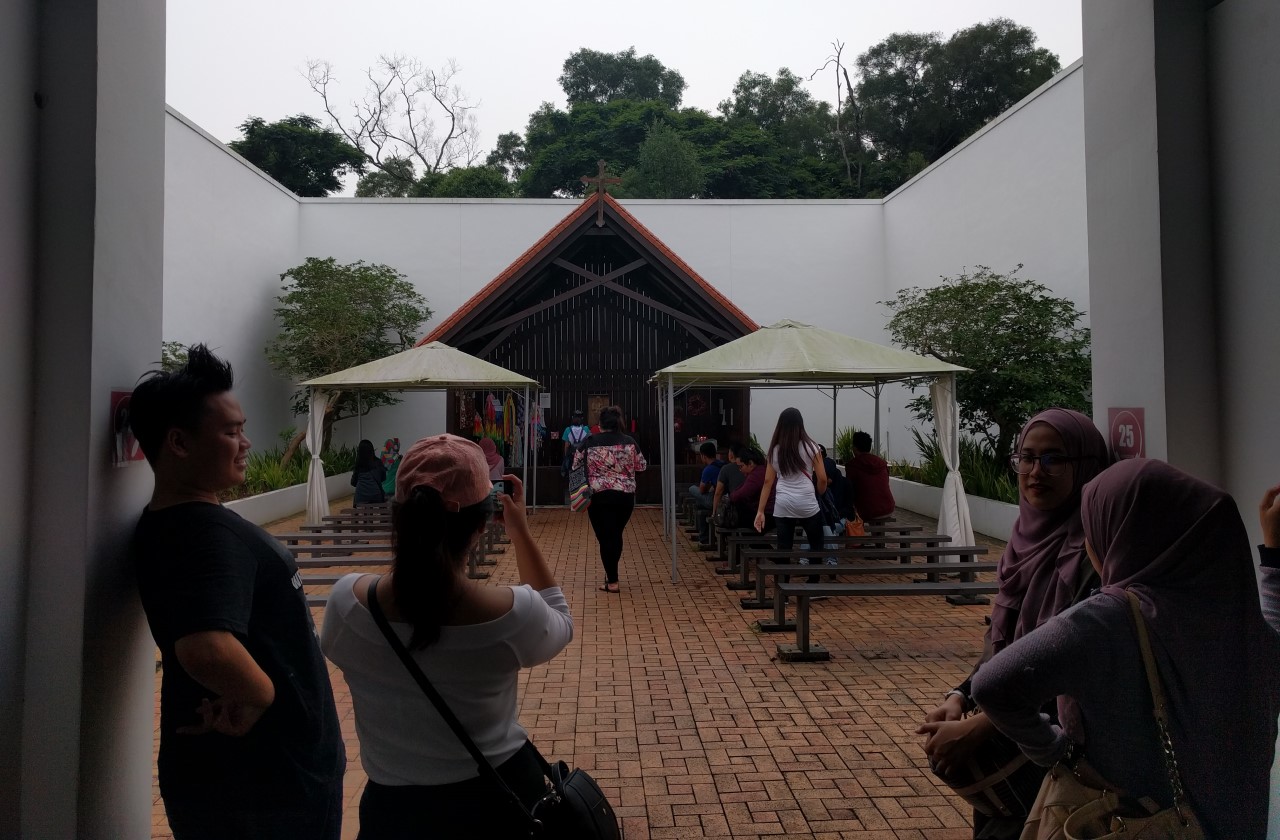
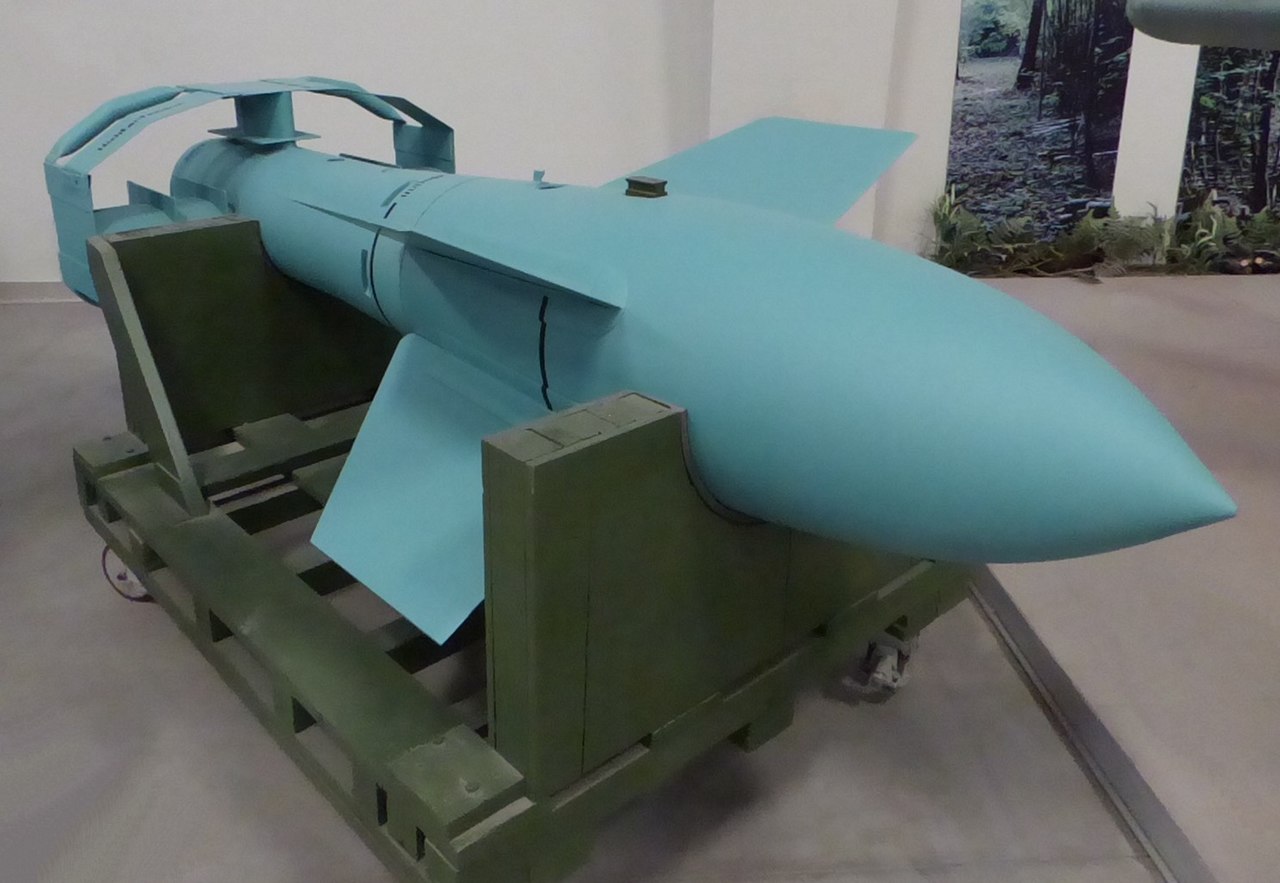
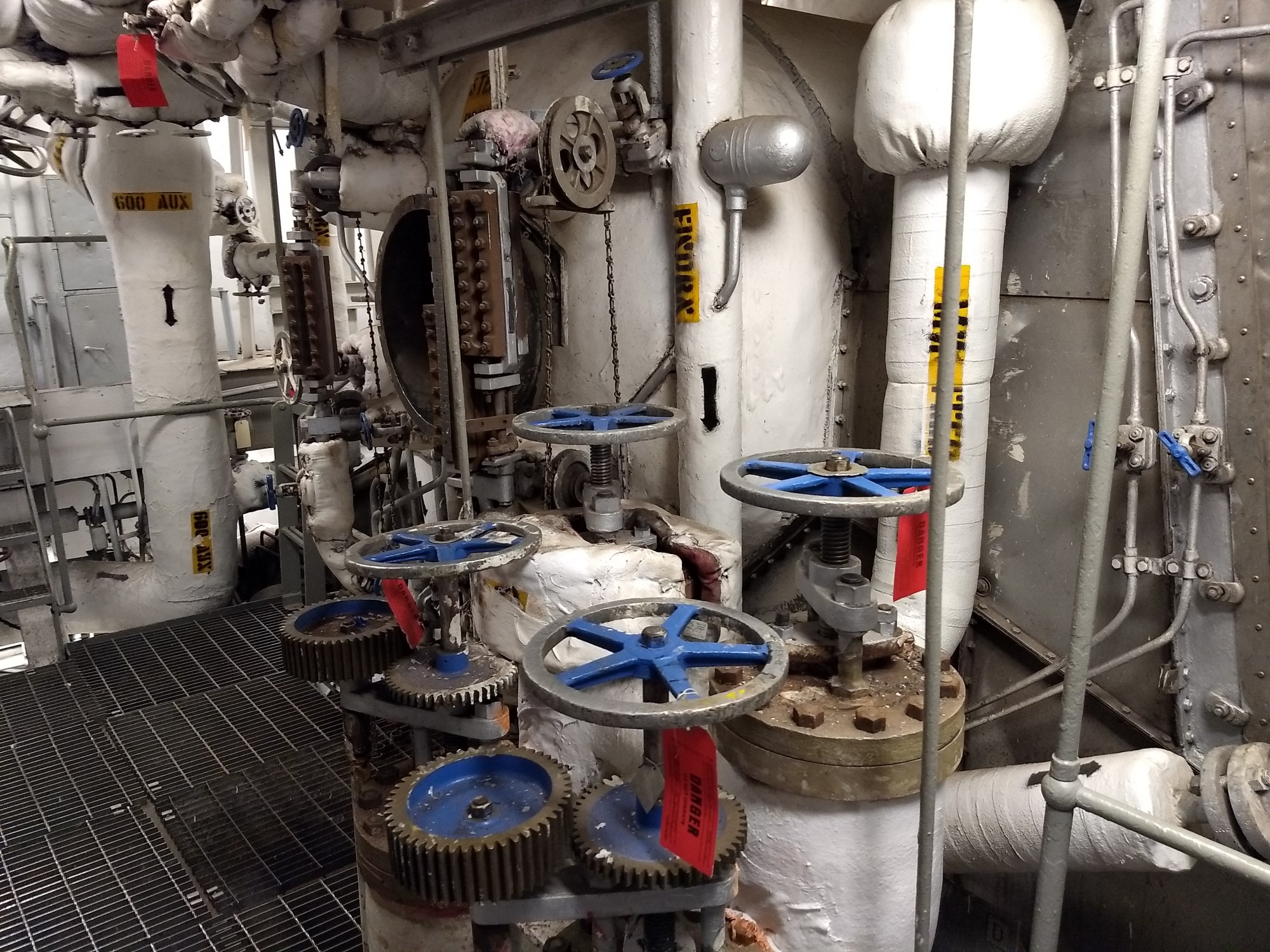
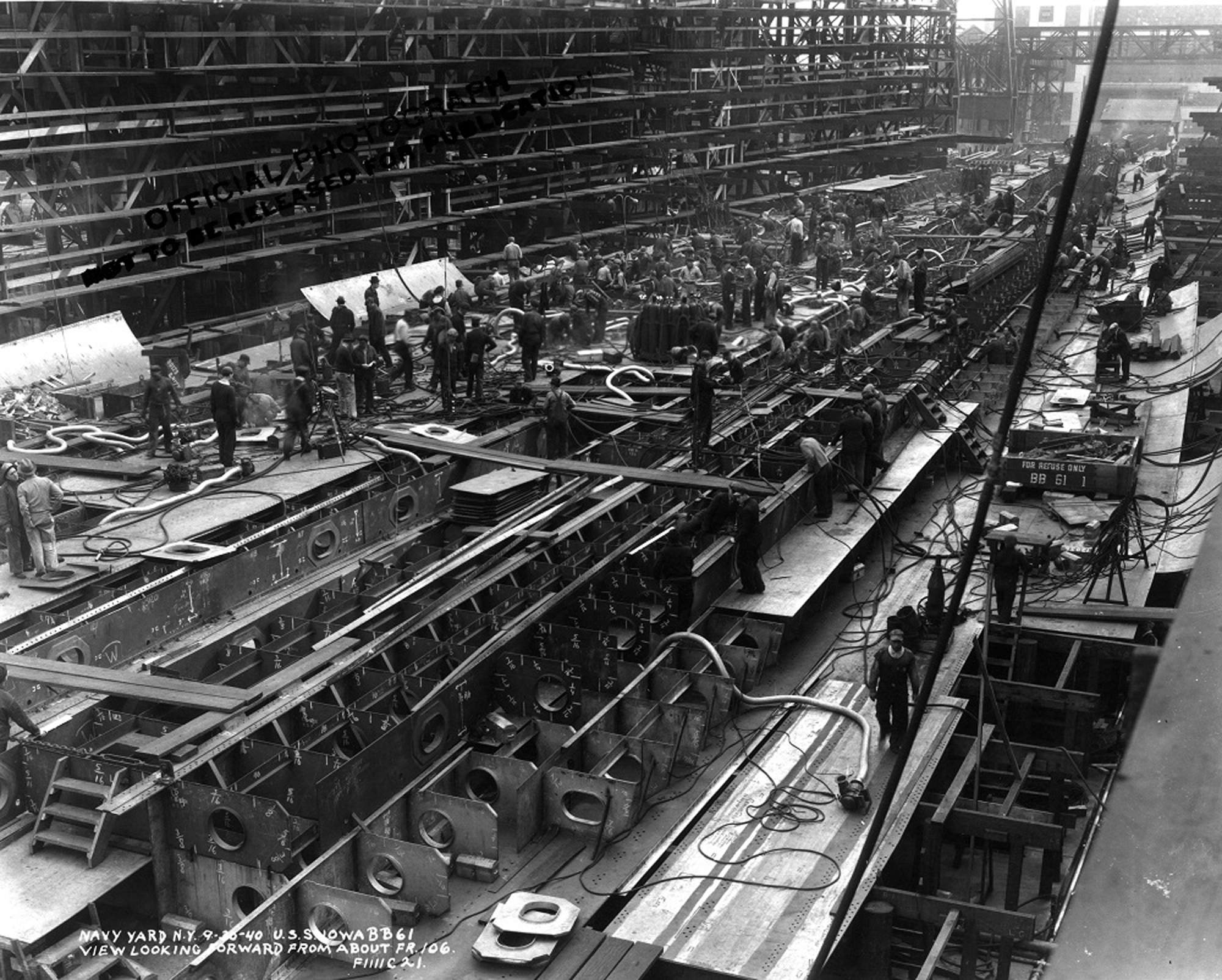
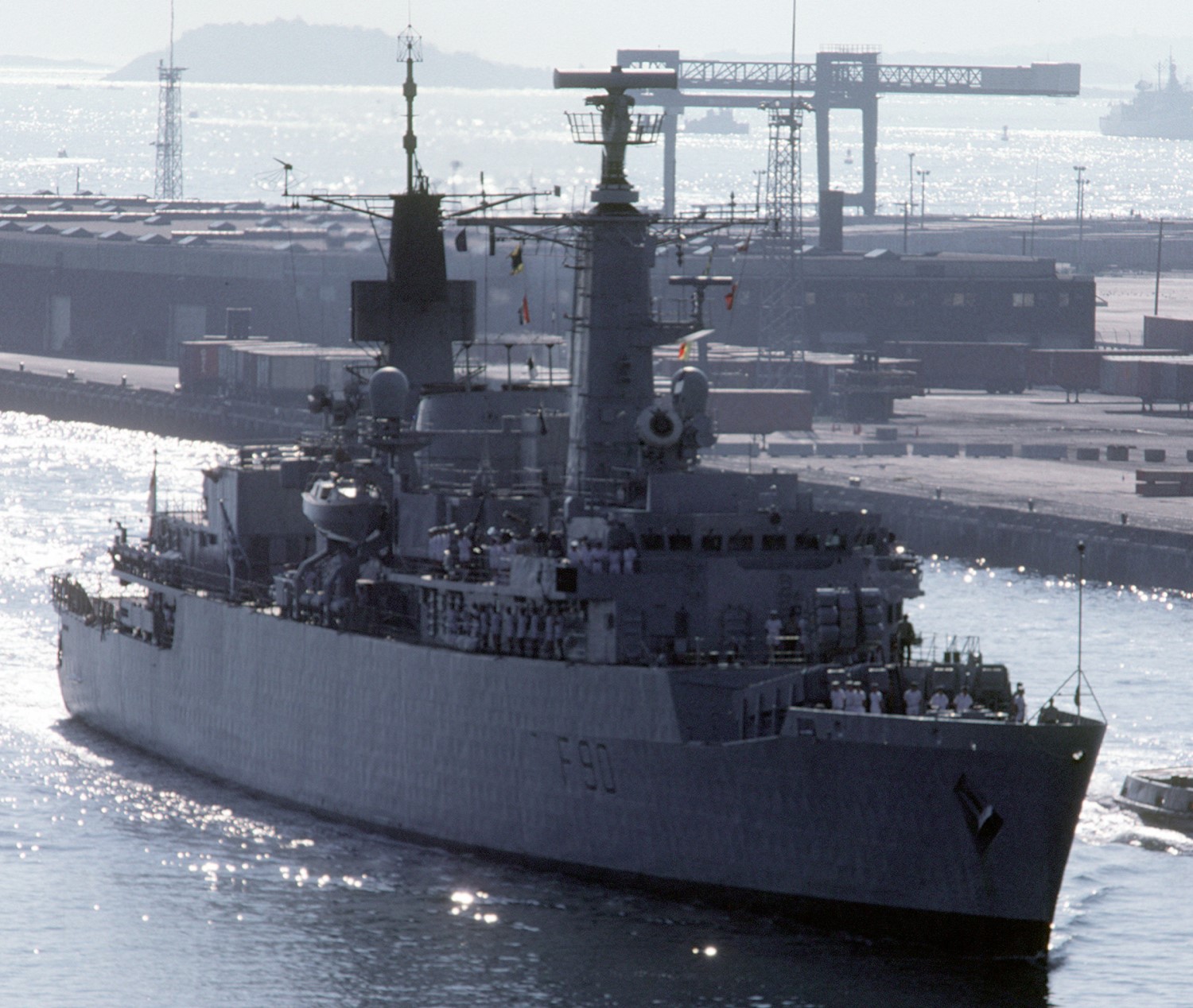
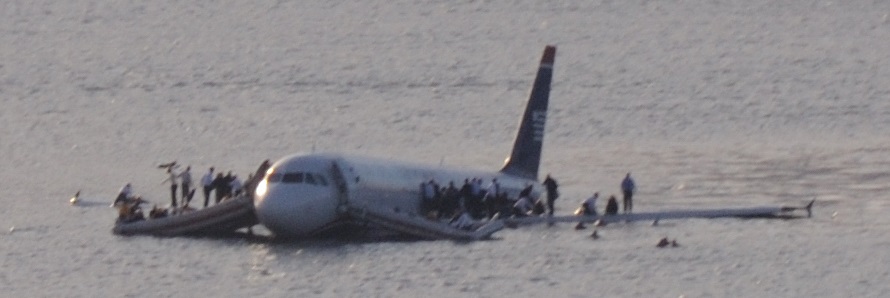
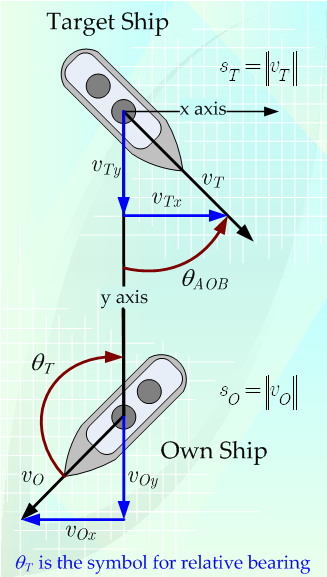
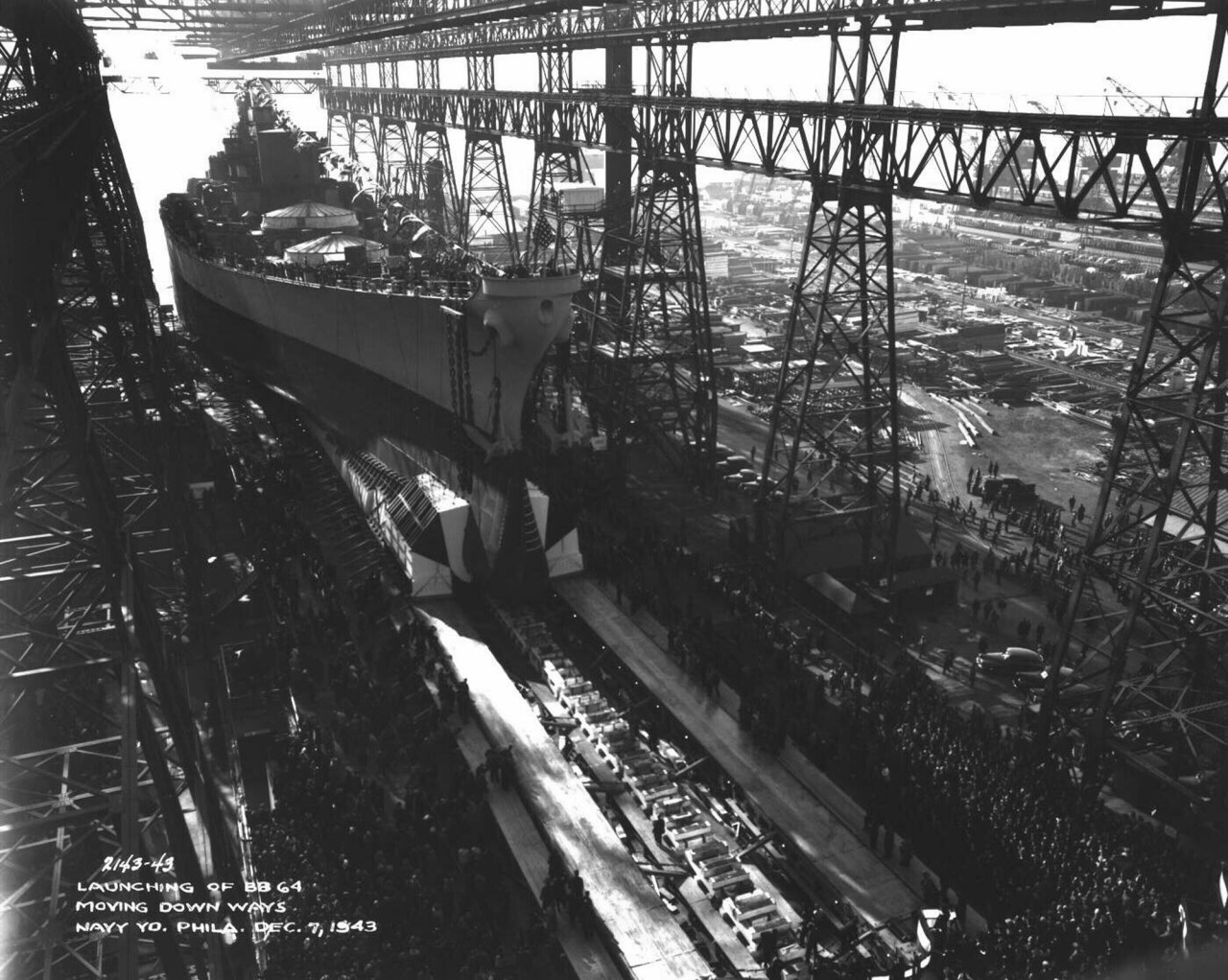
Recent Comments